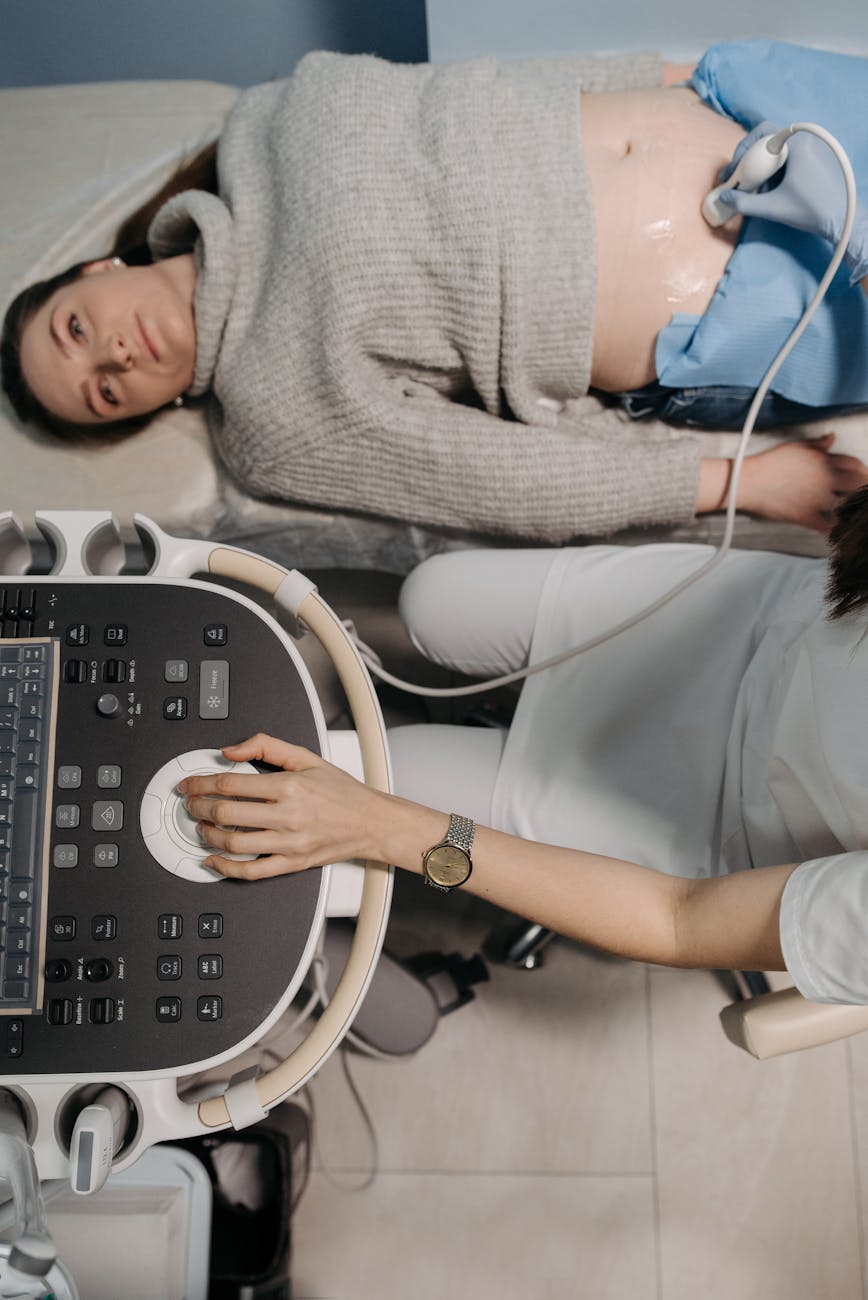Medical facilities use ultrasound machines as crucial instruments in diagnosing and treating patients. They allow physicians to view patients’ internal body structures and organs, providing a non-invasive, painless, and radiation-free method of imaging. As vital as they are, purchasing an ultrasound machine isn’t a walk in the park. It is a significant investment, requiring thoughtful consideration. This article aims to equip medical professionals, decision-makers, and readers with the necessary knowledge to make an informed decision when choosing the perfect ultrasound machine for their medical facility.
Understanding Your Practice’s Needs
Before embarking on your ultrasound machine search journey, it’s paramount to understand your practice’s unique needs. Each medical practice has specific requirements for its ultrasound machine usage based on patient needs and types of procedures done. For instance, Radiology departments often require machines with sophisticated imaging capabilities to diagnose various diseases accurately. On the other hand, Obstetrician Gynaecologists may need machines with 3D or 4D capabilities for detailed fetal imaging. So, clearly identify your practice’s needs and correlate them with the ultrasound’s specifications.
Decoding The Types Of Ultrasound Machines
After understanding your practice’s needs, the arduous task of choosing the right type of ultrasound machine comes next. Broadly, ultrasound machines come in three types- Portable, Stationary, and Handheld. Portable ultrasound machines are compact and lightweight, making them perfect for bedside and emergency procedures. Stationary, also called console ultrasound machines, are typically more robust, offering more sophisticated technology and better imaging, but lack portability. Handheld ultrasound machines are the size of a smartphone, providing a quick, convenient form of imaging for simple procedures. Each has its advantages and disadvantages and is better suited to specific medical practices.
Must-Have Features In An Ultrasound Machine
Several key features should underpin your ultrasound machine selection, depending on your practice’s needs. Top of the list is imaging quality- the clarity and resolution of the image generated. A high-quality image allows for accurate diagnoses. User interface is another key feature- the machine should be user-friendly, allowing easy examination schedule, patient data entry, and image interpretation. Probe variety also matters; different probes offer different imaging capabilities. Other features to mull over include Doppler capabilities, power consumption, 3D/4D imaging capabilities, among others.
Budget Considerations
Acquiring an ultrasound machine is a considerable investment. Thus, your budget plays a central role. However, while considering costs, it’s critical not to compromise on quality and essential features. Pricing may be influenced by many factors like machine brand and age, imaging technology, additional features, etc. Therefore, you should comprehensively review the ultrasound machine’s features to ensure they match your practice’s needs and your budget.
Brand Spotlight: Reliable Names In Ultrasound Technology
Top players dominate the ultrasound machine market, such as Philips, GE, and Toshiba. These brands have consistently produced high-quality machines boasting groundbreaking technology, superior imaging, and durability. It could be beneficial to compare these brand’s models, their features, and pricing to give you a clear direction on what best fits your needs.
The Significance Of After-Sales-Service
After-sales service by the manufacturer is an often overlooked but significant factor in your ultrasound machine purchase decision. Issues may arise post-purchase, so effective training, machine maintenance, and customer support offered by the manufacturer can be a lifesaver. Be sure to check manufacturer’s after-sales-service before purchase.
Embracing The Future – Trends To Watch Out For
The ultrasound technology field is rapidly advancing. Look out for trends like AI-integrated ultrasound systems or advanced real-time 3D/4D imaging technology, why? Because these developments could significantly impact the efficiency of your operations and your choice of an ultrasound machine.
Expert Opinions & Review
To help you make an informed decision, we’ll feature expert opinions on choosing the right ultrasound machine. This will include experienced industry voices and a jargon-buster, putting technical terms in simple language.
Conclusion
Choosing an ultrasound machine requires striking a balance between meeting your practice’s needs and your budget constraints. This comprehensive guide aims to support this process, arming you with the knowledge you need to navigate the maze that is ultrasound machine selection.

